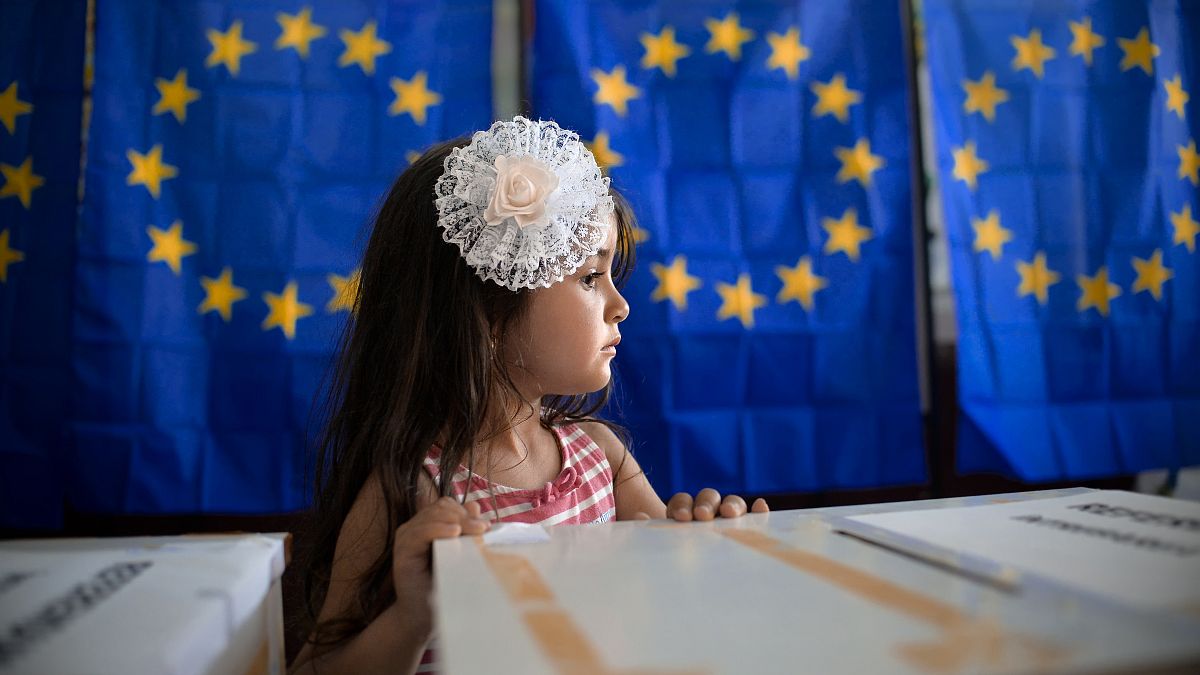Gender equality experts pointed out in an interview with Euronews that European institutions are still considered abstract elements in the lives of women, and are filled with gender stereotypes. The rise of far-right parties in the European Parliament could potentially impact women’s rights, moving the EU away from a feminist agenda. The Oxfam study “A Feminist Europe?” highlighted the backlash against gender equality, with far-right populist groups gaining traction in countries like Sweden, Italy, and the Netherlands. The study emphasized that the dismantling of women’s rights is a core focus of these movements, posing a threat to gender equality in Europe.
The increase in far-right votes could potentially spur women to become more politically active, especially in the upcoming 2024 European elections. However, women have historically felt less engaged in European politics compared to men. Studies have shown that women are more likely to abstain from voting due to a lack of knowledge about European institutions and elections. Additionally, gender stereotypes and policies that do not address women’s needs have contributed to the disconnection between women and politicians. The need for more representation of women in politics, especially at the European level, is crucial to ensuring that women’s voices are heard and their needs are met.
While there has been progress in promoting gender equality within the European Commission, with the number of female commissioners increasing, questions linger about whether this is enough to achieve true gender equality. Despite having women in top positions such as Ursula von der Leyen as President of the European Commission, there are concerns that these women may not adequately represent the daily realities of most women. The presence of female figures in leadership roles does not automatically equate to advancing gender equality, as highlighted by the case of Malta where abortion is illegal except in certain situations. The study reveals that women in politics face various forms of violence, including psychological, physical, and online abuse, which can deter them from continuing in the political sphere.
The fear and intimidation that women in politics experience can lead to reduced participation in public debates, withdrawal from public life, or reluctance to run for office again. This climate of violence and discrimination against women in politics underscores the urgent need for greater support and protection for women in the political arena. Efforts to delegitimize women’s proposals based on gender should be addressed, and women should be given a platform to voice their demands and drive meaningful change. Ultimately, true mobilization of women in politics, culture, and the economy requires a collective commitment to gender equality and empowerment, ensuring that women’s rights are safeguarded, and their voices are heard and respected.











